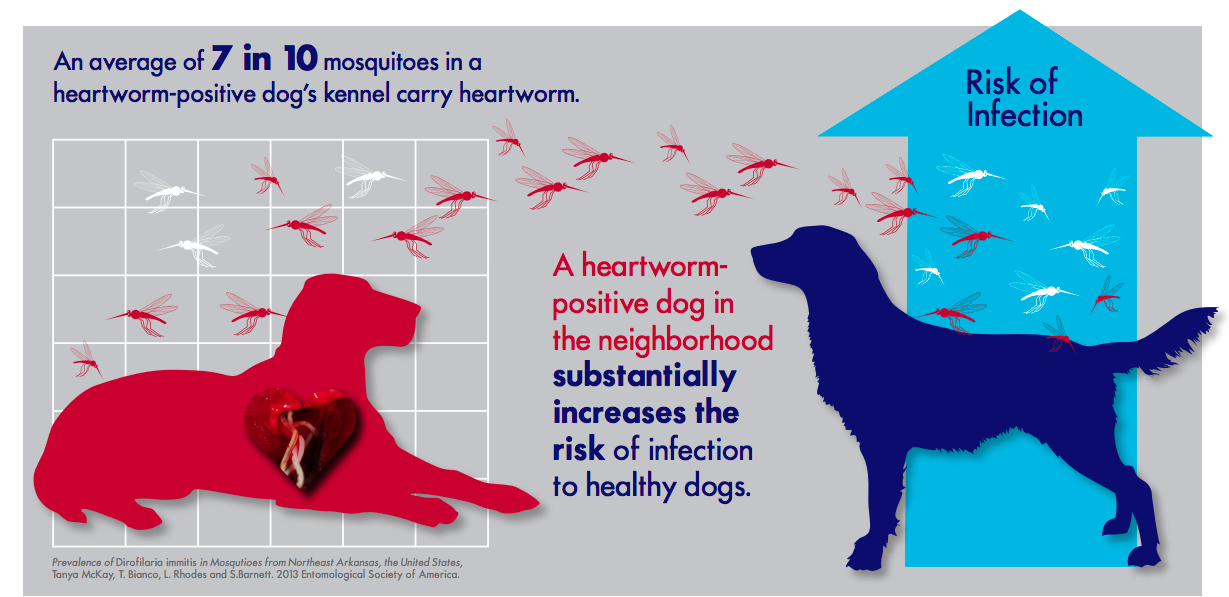Dog Daycare Vs Crate Training
Dog Daycare Vs Crate Training
Blog Article
Can Pet Dog Childcare Reason Disease?
Dogs in childcare get lots of workout, socializing with other dogs and one-of-a-kind experiences. This can be specifically practical for young puppies and dogs with behavior problems.
There are a number of lawful factors to consider you require to take into account when starting a doggy day care organization. These consist of the framework of your business and compliance with government guidelines.
1. Dog Distemper
Canine distemper is spread out via straight contact with the physical fluids and waste of an infected canine, however it can likewise be sent using common water and food bowls or through airborne droplets. This highly contagious disease is most hazardous for pups, yet it can influence pets of any kind of age and is deadly for most if left untreated.
Initial signs of canine distemper typically simulate an acute rhinitis, consisting of drippy eyes and nose with watery or pus-like discharge. As the condition proceeds, a pet will certainly create high temperature, coughing, minimized cravings, throwing up and looseness of the bowels. The infection can likewise assault the nerve system, leading to seizures, jerking and partial or total paralysis.
Credible childcares lower direct exposure to infection by calling for inoculations, regular health examinations and comply with stringent hygiene protocols. If your pup seems overly tired or hopping, a day off might aid him recuperate, however you must prevent taking him back to day care until these symptoms clear up.
2. Kennel Cough
Kennel cough, additionally referred to as contagious canine tracheobronchitis or Bordetella, is a highly contagious viral or bacterial condition that influences the respiratory system system. It's typically transferred through the exchange of saliva or air droplets that an unwell pet dog breathes out. Social canines are at higher threat for infection as a result of their regular interaction with one another, such as when they play, share food or water, sniff each other or merely satisfy in a congested atmosphere like a dog park or childcare.
One of the most typical symptom of kennel cough is a relentless and powerful cough that sounds like something embeded the throat or retching. Commonly, canines will divulge foamy white phlegm. If left neglected, a canine can develop pneumonia and go to severe danger for life.
A reputable childcare center ought to have strict cleansing and cleanliness protocols, sanitize all playthings, food and water bowls frequently, and be open about their inoculation policies. Keeping your pet as much as date on their inoculations, particularly for bordetella and canine influenza, will substantially decrease their chances of getting the disease.
3. Parvovirus
Canine parvovirus, or parvo, is a very infectious viral illness that can be dangerous for young puppies and young person canines with poor body immune systems. It's most typically spread out by straight contact with contaminated pet dog feces-- which can happen when pets sniff, lick, or preference contaminated feces-- and indirectly from contaminated individuals, objects, or settings (like kennels, grooming areas and yards). Pups and canines without full vaccination backgrounds are particularly at risk to parvo.
The virus is exceptionally durable, enduring in the atmosphere for approximately nine years, and can conveniently be transferred in between canines by call through feces or on footwear, clothing, and bed linen contaminated with parvovirus. Otherwise dealt with right away with IV liquids, electrolyte balance, throwing dog board near me up control medications and anti-biotics to prevent additional microbial infections, a canine will swiftly dehydrate and establish extreme diarrhea, which causes shock and blood poisoning. Parvo is challenging to heal once a pet dog has ended up being ill, yet with appropriate veterinary treatment, many young puppies do endure this disease.
4. Dog Flu
Canine flu infection is highly infectious and spreads through direct call, sharing food and water bowls, licking or nuzzling various other canines, with air-borne droplets, and with infected surfaces. Inoculation is effective in decreasing the threat of infection and outbreaks.
A lot of influenced canines establish a light respiratory infection with a cough that lasts 1-3 weeks. They might also have nasal and ocular discharge, sneezing, and sleepiness. Several of the most major instances cause pneumonia and a high fever.
If your dog displays any one of these signs and symptoms, do not bring them back to childcare until they are healthy. If your pet is revealing signs of extreme exhaustion or hopping, talk to your vet as soon as possible and see to it they are on good health supplements to assist construct their resistance. A veterinarian will examine your pet for symptoms of the flu by taking a sample from the nose or throat, and blood examinations can be done to verify.